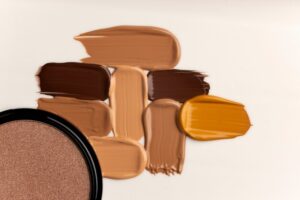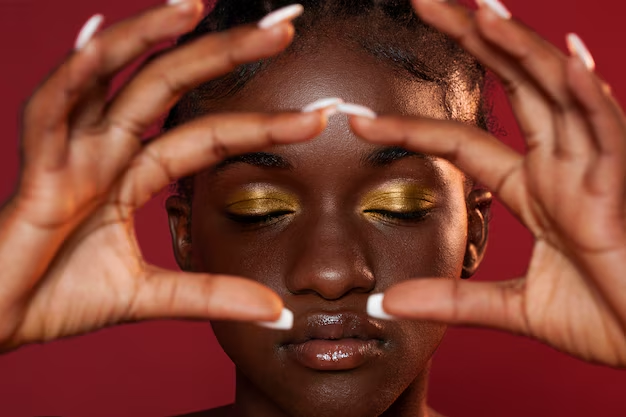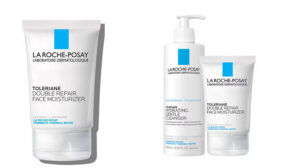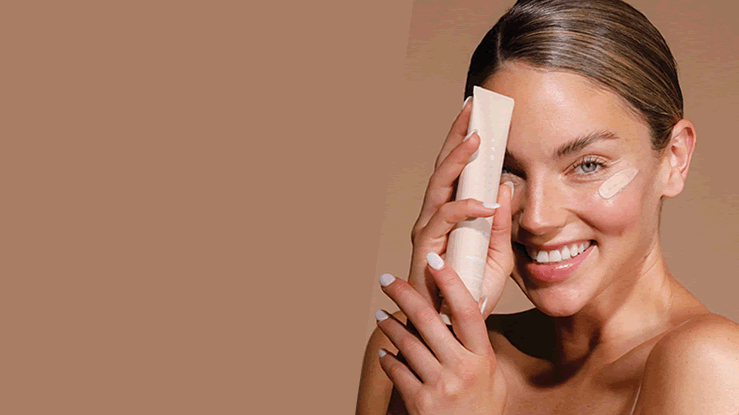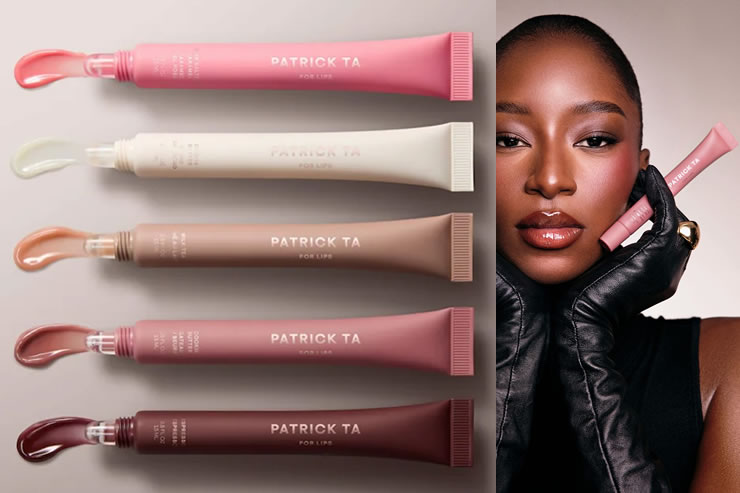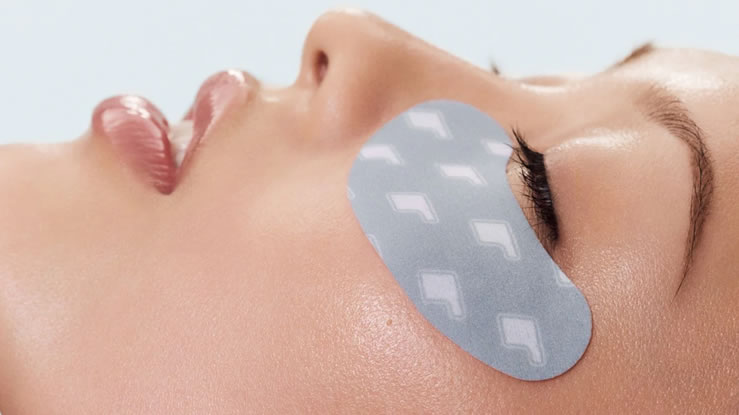Hair loss affects millions of individuals worldwide and can have a significant impact on confidence and self-esteem. While topical treatments like minoxidil are commonly discussed, oral medications have gained attention for their effectiveness in promoting hair growth and reducing hair fall, especially in cases of androgenetic alopecia (pattern hair loss). Oral medication for hair growth work systemically to address underlying causes of hair loss such as hormonal imbalances, nutritional deficiencies, or autoimmune activity.
In this article, we explore the most effective oral medications for hair growth, how they work, who they are suitable for, and the potential risks and benefits of each option.
Understanding Oral Medications for Hair Growth
Oral medications work differently from topical products. They are absorbed through the digestive system and impact internal processes such as hormone production, inflammation, or nutrient absorption, which can affect hair follicle function.
Some oral treatments are FDA-approved specifically for hair loss, while others are prescribed off-label based on clinical evidence and dermatologist recommendation. The best oral medication will depend on the type and cause of hair loss, as well as the patient’s age, gender, and medical history.
Read Also>>>What is best for hair growth and stop hair fall?
FDA-Approved Oral Medication for Hair Loss
Finasteride (Propecia)
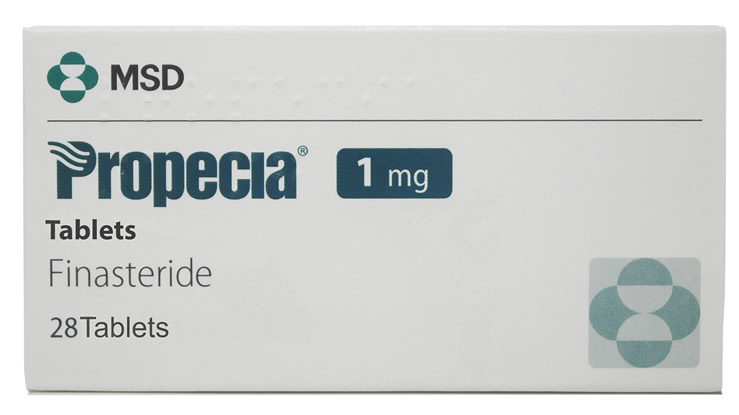
Finasteride is the most well-known FDA-approved oral medication for male pattern hair loss. It works by inhibiting the enzyme 5-alpha-reductase, which converts testosterone into dihydrotestosterone (DHT). DHT is a hormone that causes hair follicles to shrink and eventually stop producing hair.
-
Effectiveness: Finasteride has been shown to slow hair loss and stimulate regrowth in about 80% of men with androgenetic alopecia.
-
Dosage: Typically prescribed as a 1mg daily tablet.
-
Time to See Results: Results may become noticeable after 3–6 months of consistent use.
-
Suitability: Approved for men only. It is not recommended for women, especially those who are pregnant or may become pregnant due to risks of birth defects.
Off-Label Oral Medication for Hair Growth
Dutasteride (Avodart)
Dutasteride is another DHT blocker that works similarly to finasteride but inhibits both type I and type II forms of 5-alpha-reductase, making it more potent. It is FDA-approved for treating enlarged prostate but is prescribed off-label for hair loss.
-
Effectiveness: Clinical studies show it may be more effective than finasteride, especially for more advanced stages of hair loss.
-
Dosage: Usually prescribed as 0.5mg per day.
-
Time to See Results: Improvements may be seen in 3–6 months.
-
Suitability: Prescribed for men; women should avoid use due to similar risks as finasteride.
Oral Minoxidil
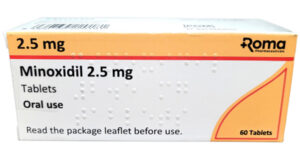
Though traditionally used as a blood pressure medication, low-dose oral minoxidil has been repurposed off-label for hair loss, especially when topical minoxidil causes scalp irritation or is not well tolerated.
-
Mechanism: Oral minoxidil improves blood flow to the hair follicles and stimulates the growth phase of the hair cycle.
-
Dosage: Low doses ranging from 0.25mg to 2.5mg are used for hair loss treatment.
-
Time to See Results: Patients may begin to notice regrowth in 2–4 months.
-
Suitability: Used for both men and women under medical supervision. It may cause water retention or increased body hair in some users.
Spironolactone
Spironolactone is a potassium-sparing diuretic that acts as an androgen receptor blocker. It is prescribed off-label to treat female pattern hair loss and hormonal acne, particularly in women with PCOS.
-
Mechanism: It reduces the effects of androgens (male hormones) on the hair follicles.
-
Dosage: Often prescribed at 50mg–200mg per day.
-
Time to See Results: Visible changes may occur after 3–6 months of use.
-
Suitability: Recommended for women with hormonal hair loss. Not suitable for men due to feminizing side effects.
Oral Contraceptives
For women with hair loss due to hormonal imbalances or PCOS, certain oral contraceptives can be effective. Those containing anti-androgenic progestins like drospirenone or cyproterone acetate may help reduce hair thinning.
-
Mechanism: Regulate hormone levels and reduce androgen activity at the hair follicle.
-
Suitability: Suitable only for women, typically those under age 35 with no contraindications to hormonal birth control.
Nutritional Supplements with Oral Benefits for Hair Growth | oral medication for hair growth
Though not medications in the strictest sense, many oral supplements are marketed for hair growth and have clinical backing. These are ideal for individuals whose hair loss is related to nutritional deficiencies.
Biotin (Vitamin B7)
Biotin supports keratin production and hair shaft strength. While deficiency is rare, supplementation may benefit individuals with brittle hair or chronic shedding.
-
Recommended Dose: 2,500mcg to 5,000mcg daily.
-
Effectiveness: Helpful if hair loss is due to deficiency; limited evidence in those with normal levels.
Iron
Iron deficiency is a common cause of hair shedding, especially in women. It affects hemoglobin levels and oxygen supply to the scalp.
-
Testing: Serum ferritin tests help determine deficiency.
-
Supplementation: Iron supplements should be taken under medical guidance to avoid overload.
Vitamin D
Vitamin D is crucial for immune regulation and hair follicle cycling. Deficiency has been linked to hair disorders like telogen effluvium and alopecia areata.
-
Sources: Sunlight exposure, fortified foods, or oral D3 supplements.
-
Dosage: 1,000–2,000 IU daily or as advised by a doctor.
Zinc
Zinc is essential for hair tissue repair and oil gland function. It also reduces inflammation in scalp disorders like dandruff and seborrheic dermatitis.
-
Supplementation: 15–30mg daily in cases of deficiency.
Omega-3 Fatty Acids
Omega-3s reduce inflammation, improve scalp health, and nourish hair follicles.
-
Sources: Fish oil supplements, flaxseed oil, and chia seeds.
Combination Therapies for Enhanced Results | oral medication for hair growth
In many cases, oral medications are combined with other treatments to maximize results. Common strategies include:
-
Finasteride + Minoxidil: This combination is commonly used in men with pattern hair loss.
-
Spironolactone + Birth Control Pills: Used in women with hormonal imbalance.
-
Oral Minoxidil + PRP Therapy: Combines systemic and localized stimulation for regrowth.
-
Oral Supplements + Topical Serums: Supports follicle health from both internal and external angles.
Safety and Side Effects for oral medication for hair growth
All medications have potential side effects and should be taken under medical supervision. Some possible risks include:
-
Finasteride: Decreased libido, erectile dysfunction, and mood changes.
-
Dutasteride: Similar to finasteride, with possibly stronger effects.
-
Spironolactone: Dizziness, menstrual irregularities, breast tenderness.
-
Oral Minoxidil: Swelling, dizziness, increased facial/body hair.
-
Iron Overload: Nausea, liver damage if taken excessively.
-
Drug Interactions: Oral contraceptives and supplements may interact with other medications.
It is crucial to have baseline blood tests and follow-up assessments when starting long-term oral treatments.
When to Consider oral medication for hair growth
Oral medications are typically considered in the following situations:
-
Hair loss is progressive or severe.
-
Topical treatments are ineffective or cause irritation.
-
Hair thinning is due to hormonal imbalance or genetic predisposition.
-
The individual prefers a systemic approach to treatment.
A consultation with a dermatologist or trichologist can help determine the most suitable medication and dosage based on individual needs.
There is no one-size-fits-all answer to the best oral medication for hair growth. Finasteride remains the gold standard for men, while spironolactone and oral contraceptives show great promise for women. Low-dose oral minoxidil is an emerging option suitable for both genders and is especially useful when topical application is inconvenient.
In addition to medications, oral supplements addressing deficiencies in iron, vitamin D, and biotin can be highly effective for specific cases of hair loss. A personalized treatment plan, based on medical history, lifestyle, and the root cause of hair thinning—offers the best results.
With medical guidance and consistency, oral medications can significantly improve hair density, reduce shedding, and restore confidence.





